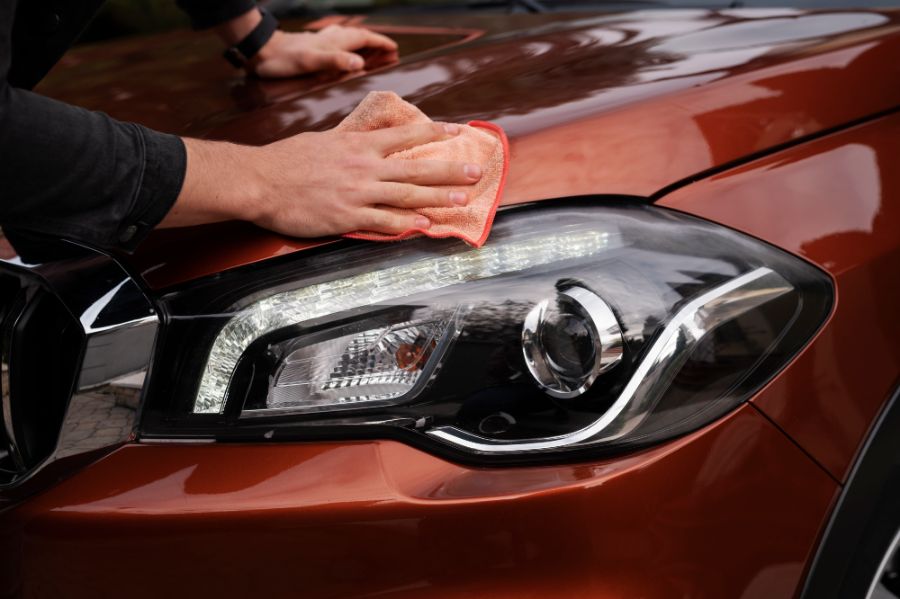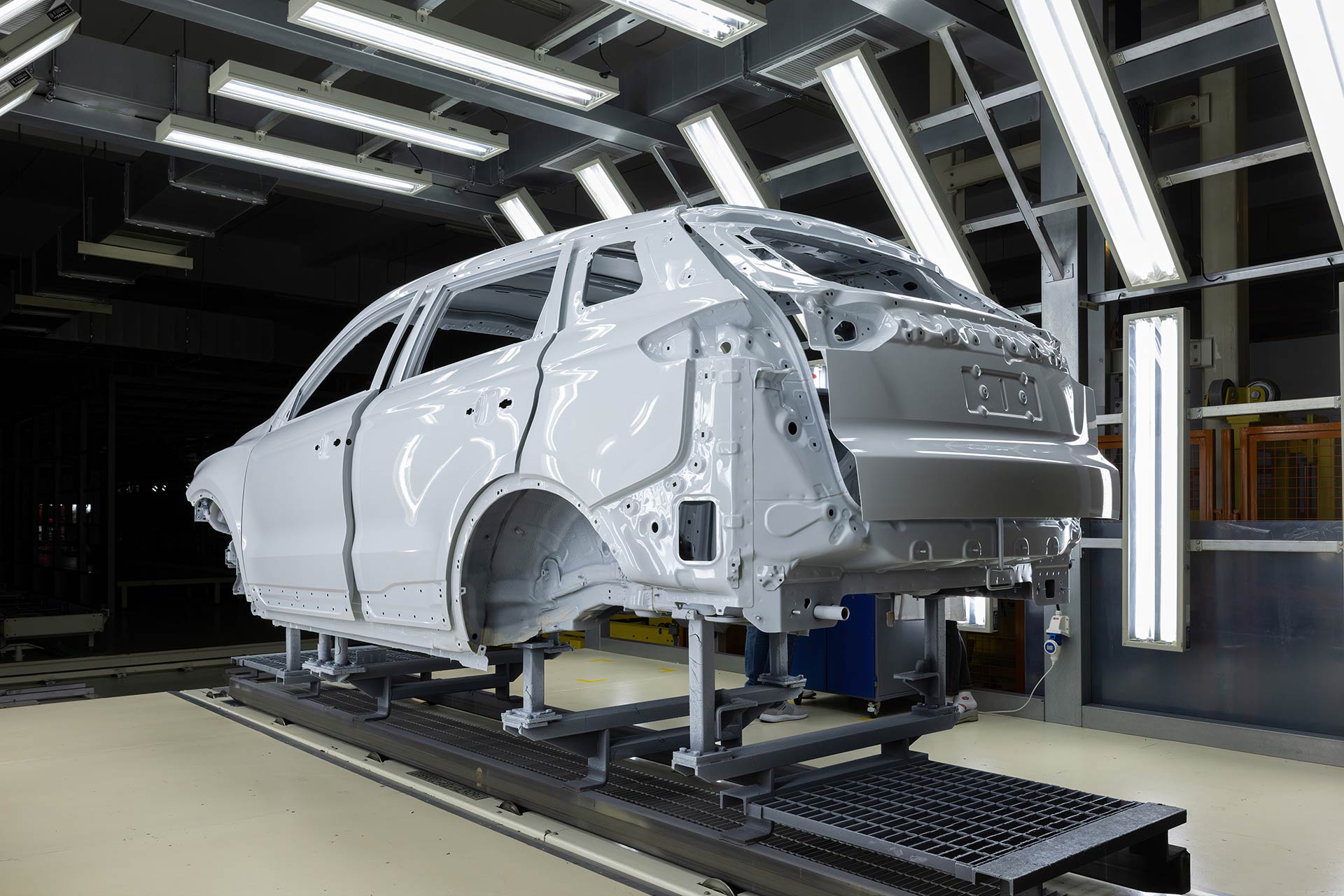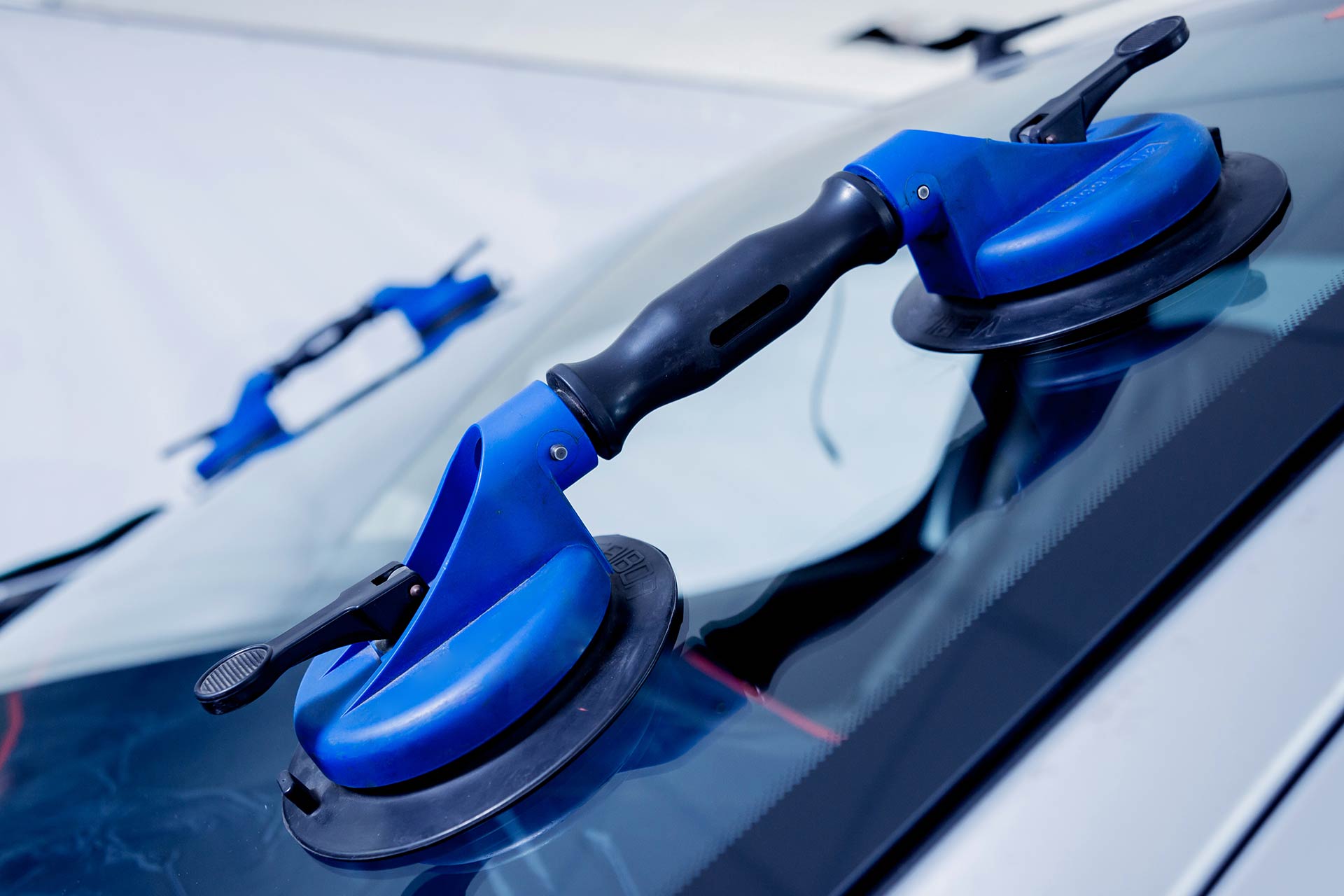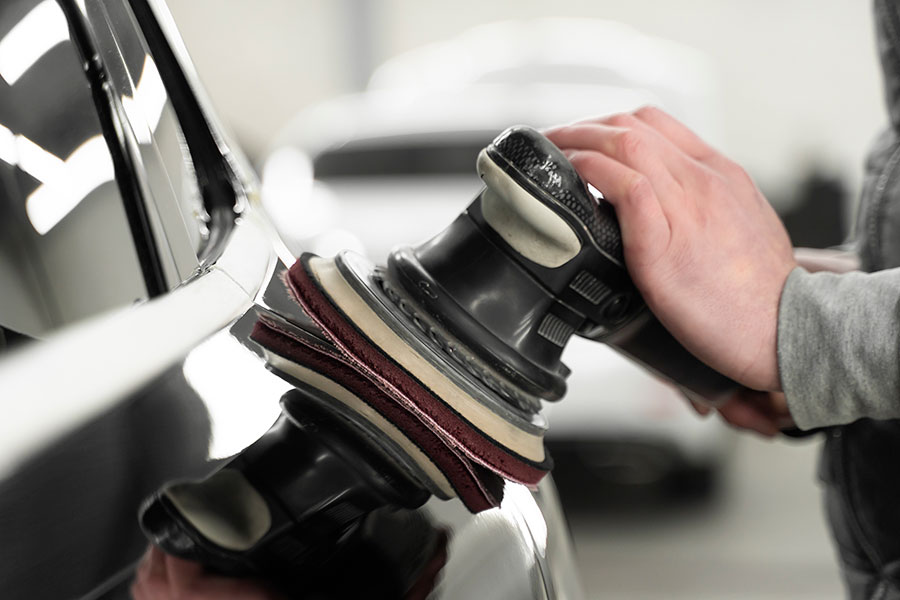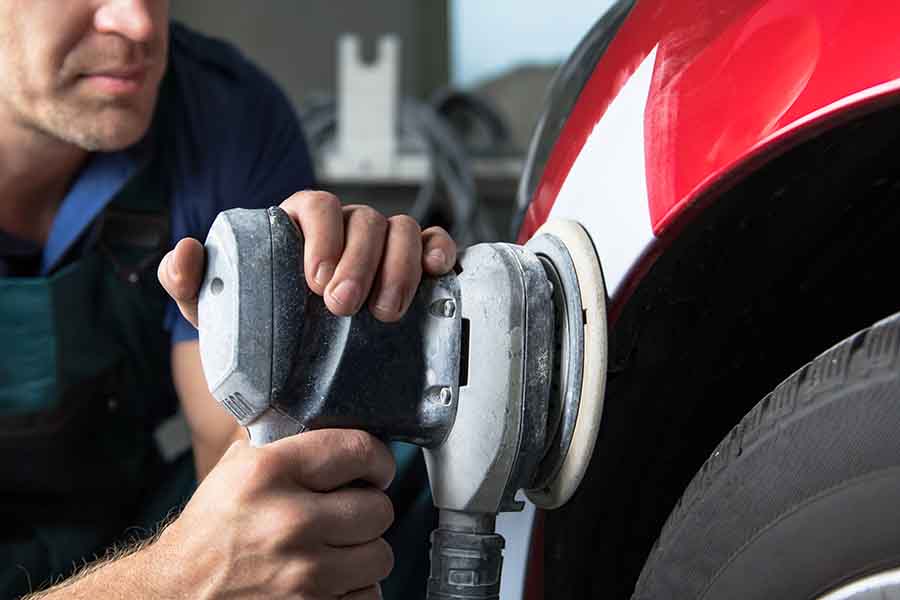Navigating the waters of car repair can be stressful, especially when the costs start to climb higher than expected. Unlike the straightforward nature of a regular maintenance bill, facing a hefty repair invoice can send anyone into a financial tailspin. Fortunately, car repair financing options offer a lifeline, allowing you to spread out the payment burden over time instead of draining your bank account all at once. From loans specifically designed for auto repairs to credit cards and payment plans offered directly by service centers, understanding your choices can turn an overwhelming expense into a manageable one.
Understanding Car Repair Financing
Financing Basics
Car repair financing helps when you can't pay upfront. It splits the cost over time. You agree to pay back the borrowed amount plus interest.
Many options exist, like loans or credit cards. They all aim to make repairs manageable financially. Each has its terms and interest rates.
Benefits
Avoiding delay in repairs is a key benefit. You fix your car now and pay later. This approach keeps your vehicle safe and reliable.
It also helps maintain your car's value. Ignoring problems can lead to bigger, costlier issues. Financing allows for timely fixes without draining savings.
Critical Repairs
Ignoring critical car issues is risky. It compromises safety and can lead to expensive breakdowns. Financing offers a solution when funds are tight.
It ensures essential repairs don't wait. This way, your safety and that of others on the road isn't compromised. Plus, it prevents minor issues from becoming major ones.
Evaluating Your Financing Needs
Repair Severity
Assessing the severity of car repairs is crucial. Not all repairs demand immediate attention or extensive financing. Some can wait, while others are urgent. It's important to understand which category your car's needs fall into.
Minor issues might not require loans. However, significant problems like engine failure or transmission issues are expensive. They often need quick action and financial planning.
Cost Calculation
Knowing the total cost of repairs helps in planning. Get quotes from different mechanics to ensure you're getting a fair price. This step is about gathering data to make informed decisions.
The total cost includes parts and labor. Sometimes, it might also involve towing or rental car fees if the vehicle isn't drivable. These extra costs add up, so include them in your calculations.
Future Maintenance
Thinking ahead is wise. Cars need regular maintenance, and some future repairs can be anticipated based on the vehicle's age and condition.
Setting aside funds for upcoming maintenance reduces future financial strain. This proactive approach ensures that minor issues don't turn into major ones due to neglect.
Exploring Loan Options
Secured Loans
Secured loans require collateral. This could be your car, home, or another asset. They often have lower interest rates because the lender has less risk. If you cannot pay back the loan, they can take the collateral.
They are a good choice if you have valuable assets. But, there is a risk. You could lose your property if you fail to repay.
Unsecured Loans
Unsecured loans do not need collateral. Their interest rates might be higher due to increased lender risk. Your credit score plays a big role here.
They are safer for you because you're not risking any assets. However, they may be harder to get if your credit isn't great.
Personal Loans
Banks and credit unions offer personal loans. They can be either secured or unsecured. Rates vary based on your credit history and relationship with the institution.
Getting a loan from these places usually requires good credit. They offer competitive rates and terms for those who qualify.
Credit unions might offer better rates than banks. They consider your history with them, not just your credit score.
Online Lenders
Online lenders specialize in auto repair loans. They often provide quick decisions and funds. Their requirements can be less strict than traditional banks.
These lenders are a good option if you need money fast. But, their interest rates can be high. Always read the terms carefully.
Using Credit Cards Wisely
0% APR Offers
Credit cards with 0% APR offers provide a great way to finance car repairs without incurring interest. This is especially useful if you can pay off the balance before the promotional period ends. These cards act as an interest-free loan, offering a buffer to manage expenses without extra cost.
Many credit card companies offer these deals for periods ranging from 12 to 18 months. This gives you ample time to spread out payments. However, it's crucial to have a repayment plan. Without one, you could face high-interest rates once the promotional period expires.
High-Interest Risks
While credit cards are convenient, they come with risks. If you don't pay off the balance quickly, high-interest rates can accumulate. This makes the cost of repairs much more expensive than initially planned.
Interest rates on credit cards can soar above 20%, turning a manageable repair bill into a financial burden. It's important to be mindful of your ability to repay within the interest-free window. Otherwise, what seemed like a smart financing option can lead to debt struggles.
Rewards and Cash Back
Choosing credit cards that offer rewards or cash back on purchases can also be beneficial. These perks make using credit cards for car repairs more appealing. You can earn points or cash back on something you needed to pay for anyway.
Some cards offer higher rewards for specific categories like automotive services. This means you're not just financing repairs; you're also getting something back in return. It's a win-win if managed correctly.
However, don't let the lure of rewards tempt you into spending more than you can afford. Always prioritize your budget and repayment plan over earning rewards.
Specialized Financing Solutions
Repair Shop Programs
Auto repair shops often offer their own financing programs. These can be a lifeline when you're faced with unexpected repair costs. They usually partner with finance companies to offer short-term loans or payment plans. This means you can get the repairs done immediately and pay over time.
These programs might require a credit check, but some shops offer options for those with less-than-perfect credit. It's important to read the terms carefully. Interest rates and fees can vary widely. Still, this option keeps your car on the road when you need it most.
Manufacturer Financing
Car manufacturers sometimes provide financing for repairs and parts. This is especially common for newer vehicles under warranty or those with an extended service plan. Manufacturer-sponsored financing can offer competitive interest rates or special terms, like zero percent interest promotions.
This type of financing is typically available through authorized dealerships. It's a great way to ensure genuine parts are used and the work meets the manufacturer's standards. However, it may not be the best choice for older cars or those out of warranty.
Automotive Clubs
Memberships in automotive clubs or associations often come with perks, including financing options for car repairs. Organizations like AAA provide access to a network of approved repair shops. Some of these partnerships include special financing terms for members.
These options can offer more flexibility than traditional loans or credit cards. They also come with the peace of mind that comes from using vetted professionals. Plus, being a member of such clubs often includes additional benefits, like roadside assistance and discounts on services.
Solutions for Urgent Repairs
Payday Loans
Payday loans or cash advances can be a quick fix. They offer immediate funds. But, they come with high interest rates. Use them as a last resort.
They are easy to get. No need for good credit. Remember, the costs can add up quickly. Always read the terms carefully.
Repair Shop Plans
Many repair shops understand financial struggles. They might offer payment plans. This option can spread the cost over time.
Talk to the shop manager. Explain your situation. They may work with you to create a plan that fits your budget. It's a more affordable way than payday loans.
Non-Profit Help
Some non-profits offer assistance for car repairs. They aim to help those in urgent need. This can be a lifeline if you're struggling.
Research local organizations. Apply for their programs. They may cover all or part of the repair costs. It's worth exploring this compassionate option.
Navigating Poor Credit Options
Secured Loans
Secured loans can be a viable path for those with poor credit. These loans require an asset as collateral. This means if you cannot repay the loan, the lender can take the asset.
It's less risky for lenders, so they are more likely to approve your application even with a low credit score. Look into this option if urgent repairs have drained your funds.
Co-Signers
Having a co-signer is another strategy. This person promises to pay back the loan if you can’t.
Choose someone you trust and who has good credit. Their support could be the key to getting your car fixed quickly without sky-high interest rates.
Read Terms Carefully
Always read the loan agreement carefully. Some loans for people with bad credit come with high fees and interest rates.
Understanding every detail before signing can save you from future financial stress. Look out for hidden fees or balloon payments that could surprise you later.
Rebuild Credit
Rebuilding your credit should be a priority. Start with small, manageable loans and always pay on time.
This approach will improve your credit score over time. Better credit opens up more financing options with lower interest rates in the future.
Avoid Payday Loans
Steer clear of payday loans if possible. They might seem helpful at first but often lead to more debt due to their extremely high-interest rates.
Consider other options first, like those mentioned above, to keep your finances stable.
Making the Optimal Choice
Compare Options
Before deciding on a car repair financing solution, it's crucial to compare all available options. Each option comes with its own set of terms, interest rates, and repayment periods. By comparing, you can identify which one aligns best with your financial situation.
Research shows that interest rates can vary significantly between lenders. Some may offer promotional rates for new customers or special deals for those with good credit scores. It's important to read the fine print and understand all the costs involved. This includes not only the monthly payments but also any fees for late payments or early repayment.
Financial Advisor
Consulting with a financial advisor can provide valuable insights into making an informed decision. They can help you understand the nuances of each financing option and how it fits into your overall financial plan.
A financial advisor can also offer advice on improving your credit score, which could qualify you for better financing terms in the future. They have the expertise to guide you towards a decision that minimizes financial stress and aligns with your long-term goals.
Lowest Overall Cost
Choosing the financing option that offers the lowest overall cost is paramount. This means not just looking at the monthly payment, but considering the total amount you will pay over the life of the loan. Lower interest rates and shorter repayment periods generally lead to lower overall costs.
However, it's equally important to ensure that the monthly payments fit within your budget. Overextending yourself can lead to missed payments and further damage to your credit score. Tools like online calculators can help you estimate monthly payments and total interest paid, providing a clearer picture of what you can afford.
Final Remarks
You've explored every nook and cranny of car repair financing, from understanding the basics to navigating options for urgent fixes and poor credit situations. Now, you're equipped with the knowledge to make informed decisions that best suit your financial needs. Whether it's choosing a loan, using credit cards smartly, or opting for specialized solutions, remember, the right choice is out there. It's all about evaluating your needs accurately and picking the option that offers you the most benefit with the least strain on your wallet.
Don't let car repairs throw you off track. Take action today by assessing your financing options and making a choice that aligns with your financial health and goals. By doing so, you ensure that your car stays in top shape without putting unnecessary pressure on your finances. Drive smart, finance smarter!
Frequently Asked Questions
What is car repair financing?
Car repair financing provides a way to borrow money for vehicle repairs, allowing you to pay over time instead of all at once. It’s ideal for unexpected or costly repairs.
How do I evaluate my financing needs for car repairs?
Consider the repair cost, your current financial situation, and repayment ability. Only borrow what you need and can afford to repay.
What loan options are available for car repair financing?
You can explore personal loans, auto equity loans, or dedicated auto repair financing programs offered by lenders or repair shops.
Is using a credit card a good option for car repair financing?
Using a credit card wisely, especially one with a 0% APR offer, can be a smart choice if you can repay the amount before the promotional period ends.
Are there specialized financing solutions for car repairs?
Yes, some lenders and repair shops offer specialized financing solutions tailored specifically for auto repairs, often with flexible terms and rates.
What should I do if I need urgent car repairs but have limited funds?
Look into emergency repair loans or programs that offer immediate funding. Prioritize repairs critical for safety and search for financing options with quick approval processes.
How can I finance car repairs with poor credit?
Seek lenders offering bad credit loans, consider a co-signer, or explore auto repair financing options that require no credit check or offer flexible eligibility criteria.

